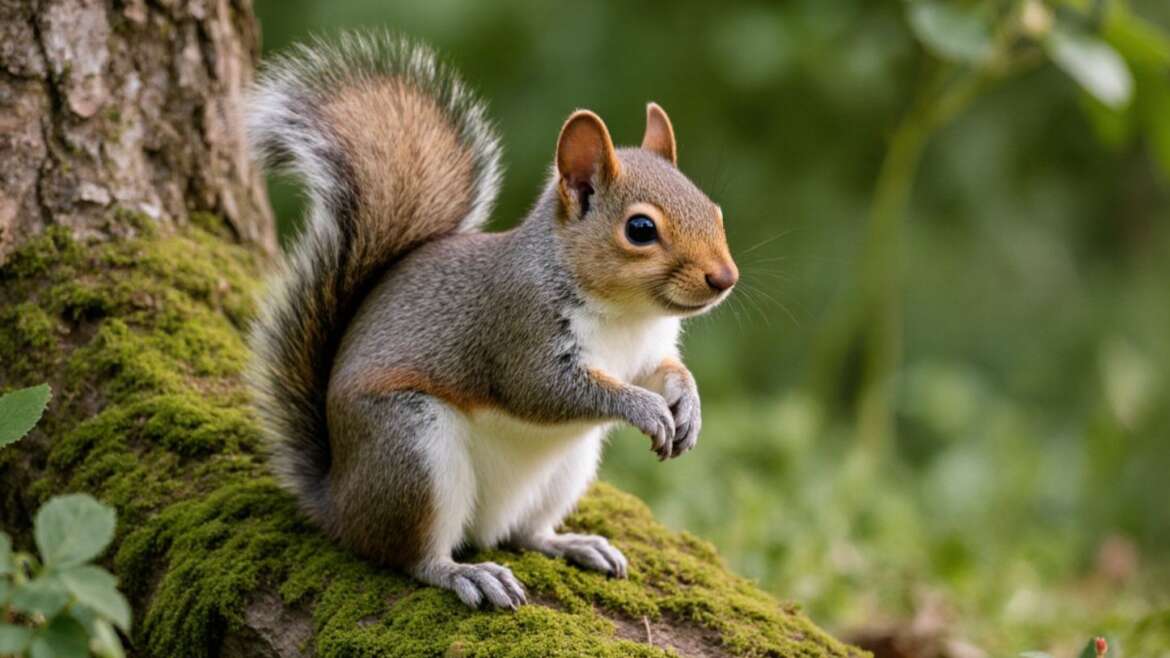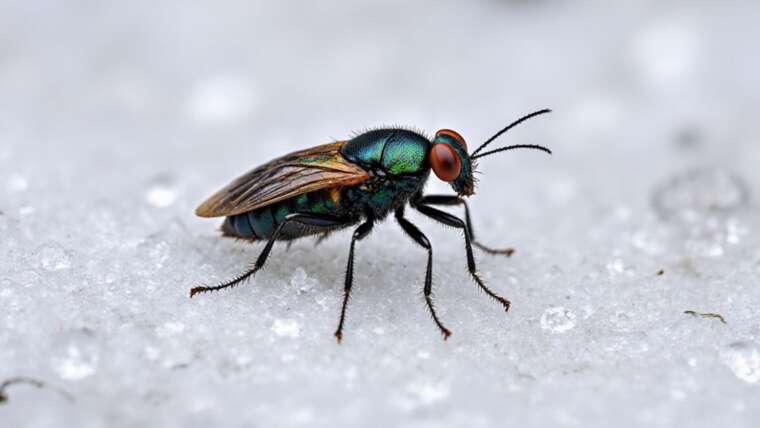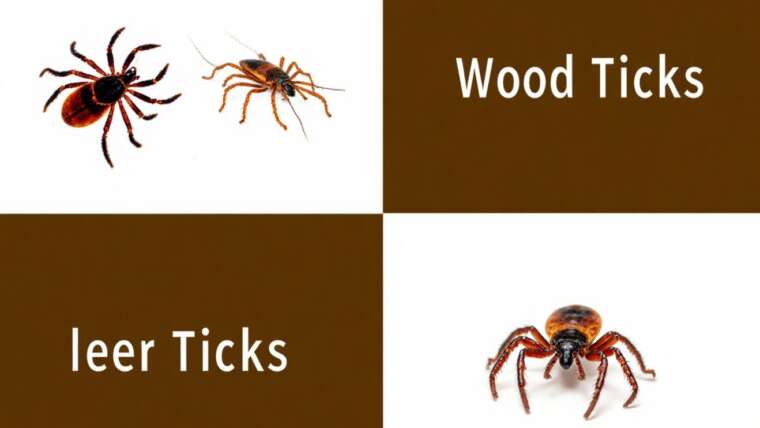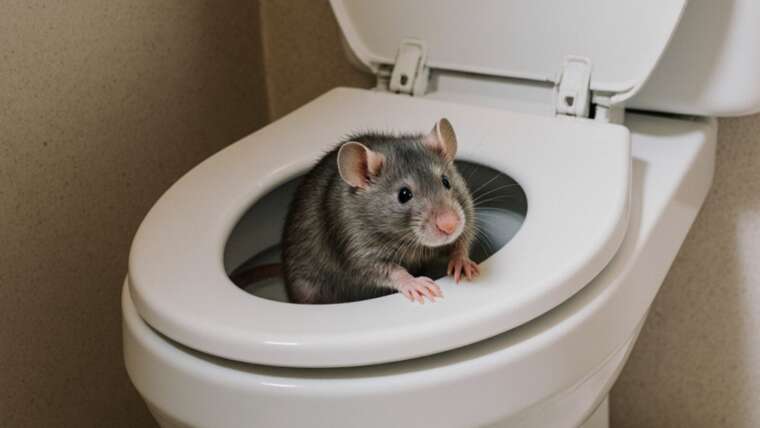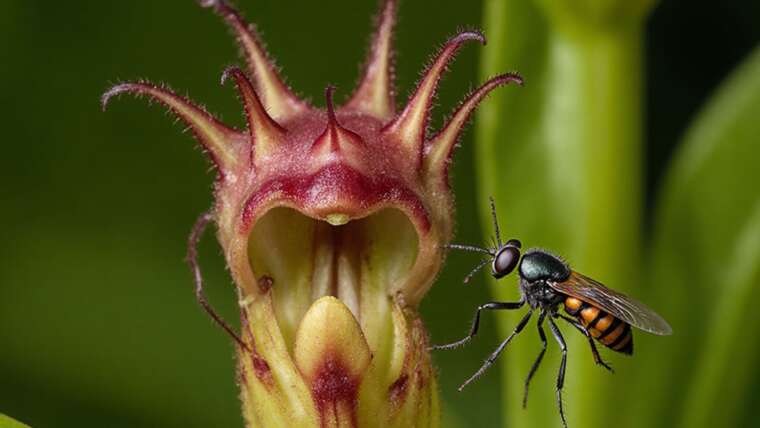Squirrels can be a real nuisance in the yard, especially for those dedicated to nurturing a garden. These curious creatures have a knack for digging up plants, munching on fruits and vegetables, and undermining your hard work. While squirrels are opportunistic eaters, certain plants are known to be less appealing to their discerning tastes.
Gardeners often seek natural deterrents to keep squirrels at bay, relying on specific plants or plant-based oils. Although further research is warranted to fully understand which plants effectively repel squirrels, there are several options that may help to safeguard your greenery without resorting to harsh chemicals.
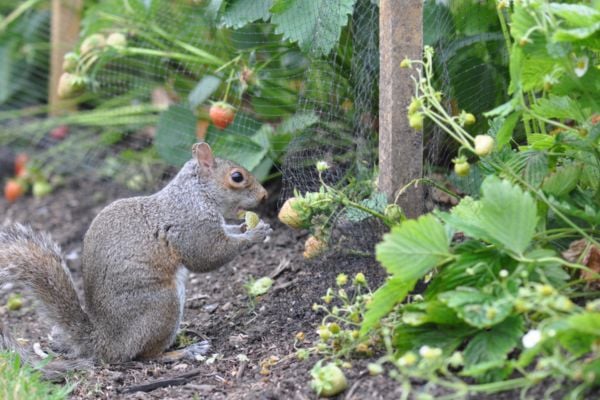
What Plants and Scents Deter Squirrels?
Many gardeners have turned to various plants that are believed to repel squirrels or that are known to be unappetizing to them. While there’s no certainty these plants will work, the following options are commonly thought to be less enticing for squirrels:
- Alliums: Ornamental varieties, garlic, onions, and scallions are known for their pungent smell, which squirrels tend to avoid. Tip: Plant alliums in clusters for a stronger olfactory barrier.
- Daffodils: These toxic, bitter-tasting flowers release a powerful scent that is unappealing to squirrels. Did you know? Daffodils can be used as companion plants to enhance the flavor of nearby herbs.
- Fritillaries: Members of the lily family, these flowers emit a robust odor that deters not just squirrels, but other rodents as well. Fun Fact: Fritillaries are also pollinator-friendly, attracting butterflies and bees.
- Hyacinths: Their intense fragrance and bitter compounds may make them unfavorable to squirrels. Interesting Tip: These flowers come in various colors and can add aesthetic value to your garden while deterring pests.
- Lily-of-the-Valley: This fragrant yet toxic plant is typically avoided by squirrels. Note: Be cautious as this plant is also toxic to pets and children!
- Geraniums: The scent and taste of geraniums can help dissuade squirrels from foraging nearby. Pro Tip: Use scented varieties, such as lemon geraniums, for added efficacy.
- Mint: The strong, sharp smell of mint makes it a common deterrent for squirrels. Tip: Mint can spread quickly, so consider planting it in containers to manage its growth.
- Narcissus: Similar to daffodils, these aromatic bulbs are toxic and can deter squirrels effectively. Fun Fact: Narcissus are also a symbol of renewal, making them an inspiring addition to any garden!
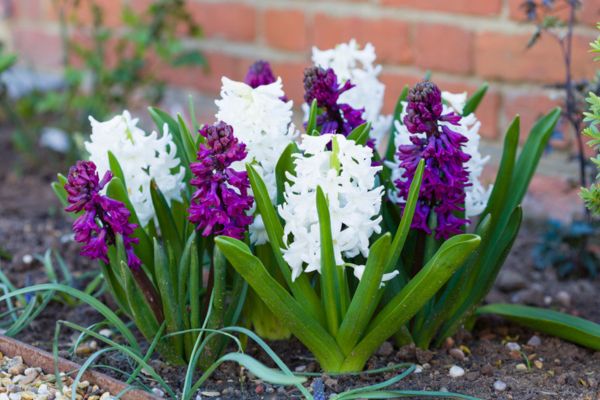
Alongside these squirrel-repelling plants, several scents and natural substances are recognized for their ability to deter these furry intruders due to their potent or irritating properties:
- Capsaicin (found in hot peppers): Squirrels dislike the intense heat and irritating sensation caused by capsaicin, found in cayenne pepper and other hot spices. Tip: Mix capsaicin with water to create a spray that you can apply directly to problem areas.
- Coffee Grounds: Used coffee grounds have a strong aroma that may help keep squirrels at bay. Interesting Tip: Coffee grounds not only repel pests but can also enrich garden soil.
- Peppermint Oil: Soaking cotton balls in peppermint oil and placing them around your garden can occasionally deter squirrels. Pro Tip: Replace cotton balls every few weeks to maintain efficacy.
- Vinegar: The sharp smell of white or apple cider vinegar can temporarily repel squirrels. Additional Tip: Use vinegar as a cleaning agent for garden tools to mask food odors that attract them.
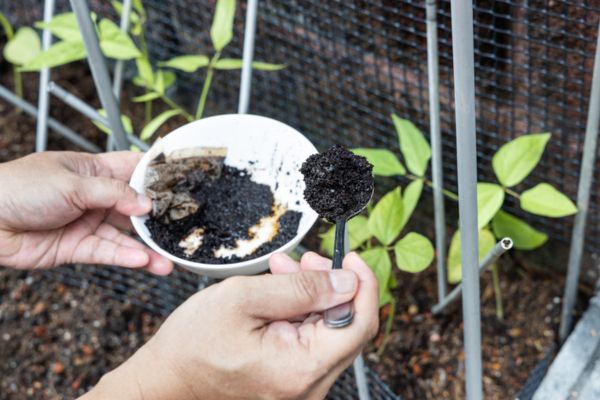
It’s important to remember that no plant is completely squirrel-proof. These clever creatures are opportunistic and may forage if their hunger compels them or if they are particularly determined. Combining squirrel-repellent plants with other deterrents can provide more effective protection for your garden.
How to Best Use Plants to Repel Squirrels
Employing squirrel-repellent plants can serve as a natural strategy for safeguarding your garden or yard. To maximize their effectiveness, plant these strong-scented varieties, like mint, daffodils, or hyacinths, around the borders of your garden, near vulnerable bulbs, or at entry points where squirrels tend to dig or climb. Tip: Create a ‘scent barrier’ by interspersing these plants amongst those squirrels typically target.

Enhancing the deterrent properties of these plants by combining them with other strategies is advisable. Physical barriers, such as mesh netting, chicken wire, or bulb cages, can help prevent squirrels from accessing your prized plants. Additionally, incorporating motion-activated sprinklers and reflective tape can add an extra layer of defense to your garden. Tip: Reflective surfaces can disorient squirrels, making your garden less appealing.
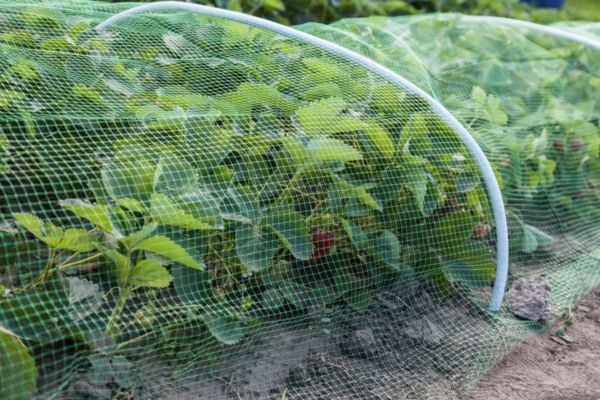
Get Help from Terminix®
While plants that repel squirrels can assist in your efforts, they may not always provide complete protection. The experts at Terminix understand how to safely and humanely shield your home from squirrels. They will begin by identifying potential entry points and implementing effective control methods tailored to your property’s needs. Schedule your free wildlife inspection today to take the first step toward enhancing your yard’s defenses.
Quick Tip: Keeping a detailed log of squirrel activity in your garden can help the professionals tailor their approach for optimal results.

